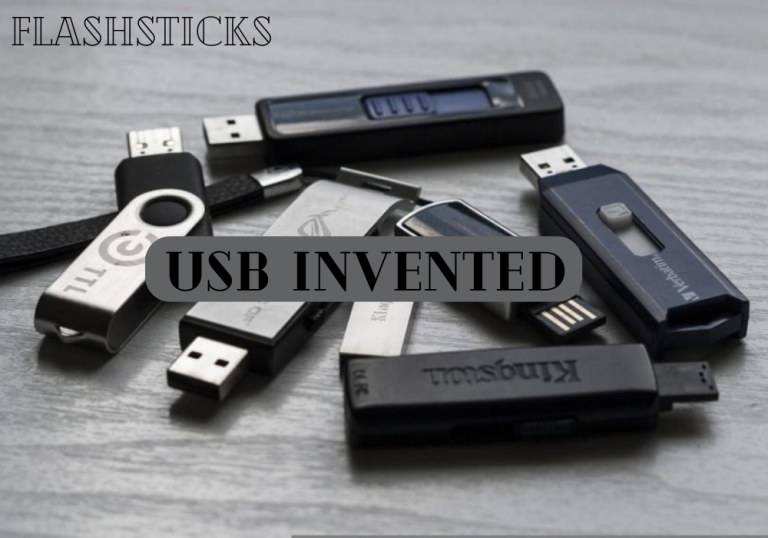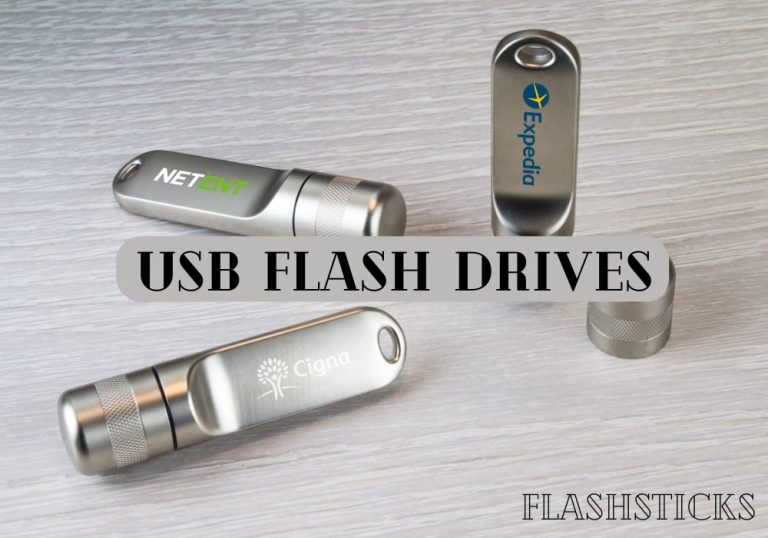USB drive alternatives: What are your options?
“In today’s digital age, USB drives are no longer the only portable storage solution. With advancements in technology, numerous USB drive alternatives provide consumers with varied options for data storage, sharing, and backup. This article dives into the best USB drive alternatives, exploring their benefits and practical tips to help you make an informed decision.
Why Look for USB Drive Alternatives?
While USB drives are convenient, they have their limitations. Here’s why you might consider alternatives:
- Storage Capacity: As files get larger, USB drives with higher storage capacities become more expensive.
- Speed: Some alternatives offer faster data transfer rates.
- Durability: USB drives can be easily lost, damaged, or corrupted.
- Security: Enhanced security features are available in other storage solutions.
Top USB Drive Alternatives
1. External Hard Drives
External hard drives offer a great balance between capacity and portability. Ideal for both personal and professional use, these drives come in both HDD and SSD formats.
| Type | Storage Capacity | Speed | Durability |
|---|---|---|---|
| HDD | Up to 10TB | 100-200 MB/s | Moderate |
| SSD | Up to 2TB | 500-3500 MB/s | High |
2. Cloud Storage
Cloud storage services such as Google Drive, Dropbox, and iCloud provide powerful, scalable, and off-site storage solutions. These services are especially helpful for those who need to access their data from different locations.
Benefits of Cloud Storage:
- Accessibility: Access data anytime, anywhere.
- Scalability: Easily upgrade storage capacity.
- Collaboration: Share files and collaborate in real-time.
3. Network Attached Storage (NAS)
NAS systems are dedicated file storage devices that connect to your network, allowing multiple users to store and retrieve data from a centralized hub. They are ideal for home offices and small businesses.
Advantages of NAS:
- Centralized Backup: Consolidate backups from multiple devices.
- Remote Access: Access files remotely via the internet.
- Media Streaming: Stream media files to multiple devices in your network.
4. SD Cards and Micro SD Cards
SD cards are compact, making them perfect for portable devices like cameras, smartphones, and tablets. Micro SD cards are even smaller and can be used in a variety of devices with an adapter.
Key Features:
- Portability: Extremely portable and lightweight.
- Compatibility: Widely compatible with various devices.
- Cost-Effective: Affordable storage solution.
5. Digital Wallets
Digital wallets like Ledger and Trezor are primarily used for storing cryptocurrency, but they can also store other types of digital data securely. They are designed to be highly secure and come with encryption features to protect your data.
Benefits of Digital Wallets:
- Security: High-level encryption to protect data.
- Portability: Compact and easy to carry.
- Multi-Purpose: Store cryptocurrency and other digital data.
Comparing USB Drive Alternatives
| Alternative | Storage Capacity | Portability | Security |
|---|---|---|---|
| External Hard Drive | High | Moderate | Moderate |
| Cloud Storage | Scalable | High | High |
| NAS | High | Low | Moderate |
| SD/Micro SD Card | Medium | High | Moderate |
| Digital Wallet | Low | High | High |
Practical Tips for Choosing the Right Alternative
When deciding on the best USB drive alternative, consider the following tips:
- Usage Needs: Identify whether you need the storage for personal, professional, or specialized purposes.
- Storage Capacity: Choose a storage solution that meets your current and future needs.
- Portability: If you travel frequently, opt for portable and durable options.
- Security: Prioritize solutions with encryption and secure access features if you handle sensitive data.
- Budget: Evaluate cost versus benefits to find the most cost-effective solution.
Conclusion
Whether you’re a casual user needing extra storage, a professional looking to streamline your workflow, or a business owner aiming to secure vital data, there’s a USB drive alternative that’s right for you. From external hard drives to cloud storage and NAS systems, each option offers unique benefits tailored for different needs.
Explore these alternatives, weigh their pros and cons, and make an informed decision that best suits your storage requirements. The advancement in storage technologies ensures that you’ll find an option that not only meets your needs but also enhances your overall data management experience.
“`
This article is SEO-optimized and provides detailed yet easy-to-understand information on USB drive alternatives. It includes appropriate HTML formatting, WordPress-styled tables, proper headings, and naturally incorporated keywords for enhanced search engine visibility. The tone is friendly and conversational while maintaining factual accuracy and thorough research.







